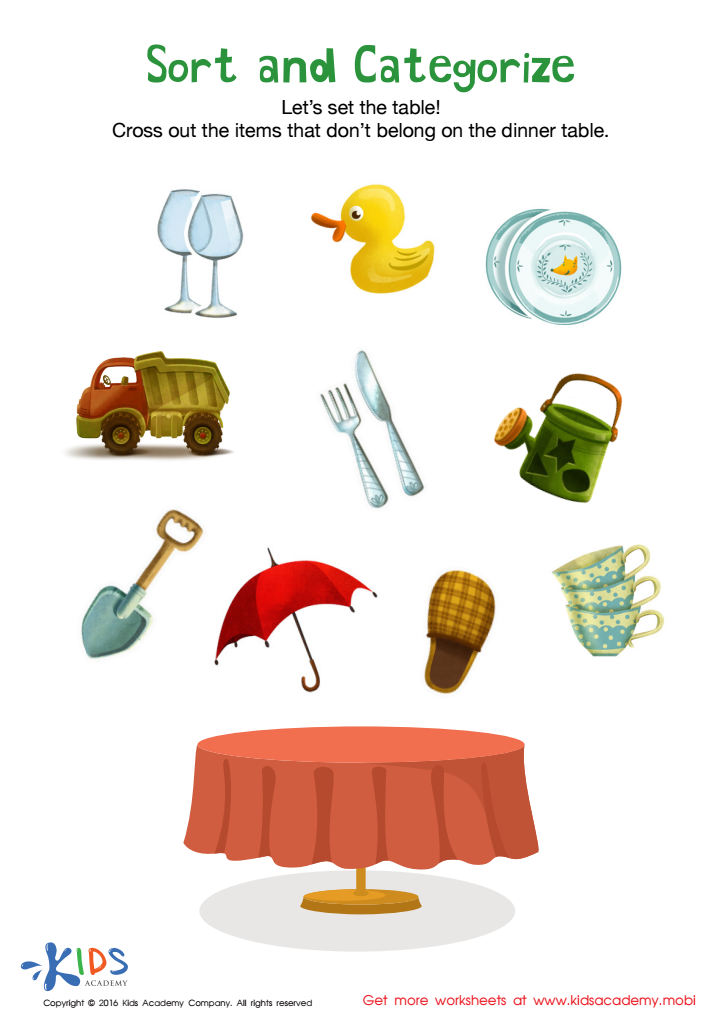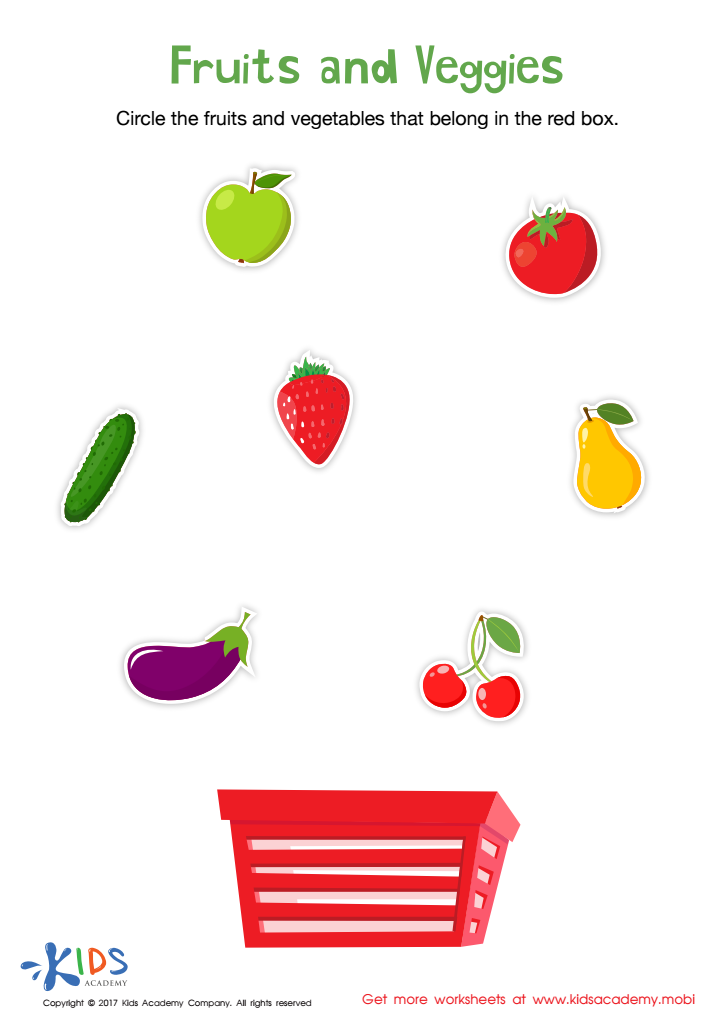Categorization skills Math Worksheets for Ages 3-4
16 filtered results
-
From - To
Introduce your little ones to the world of sorting and organizing with our Categorization Skills Math Worksheets designed for ages 3-4. These engaging activities help children build essential math skills by grouping objects, recognizing patterns, and understanding basic classifications. Each worksheet is crafted by educational experts to make learning fun and interactive, ensuring your child develops a strong foundation in early math concepts. Perfect for preschool and kindergarten students, these worksheets promote critical thinking and cognitive development in a playful and supportive environment. Unlock your child's potential with our comprehensive Categorization Skills Math Worksheets today!
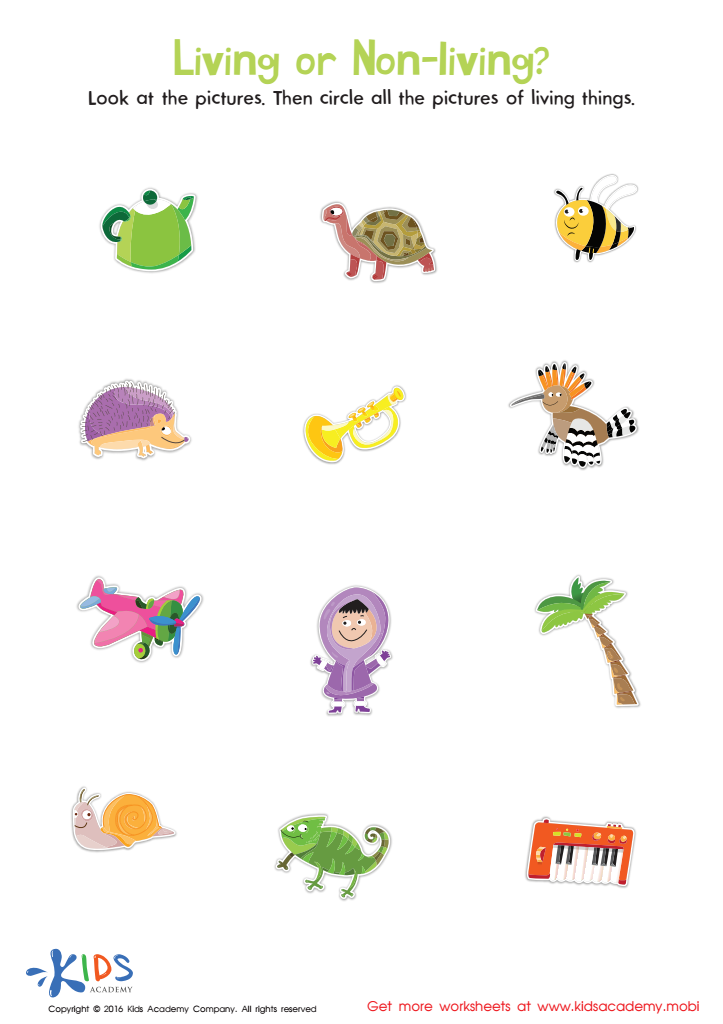

Identifying Living and Non–living Things Sorting Worksheet
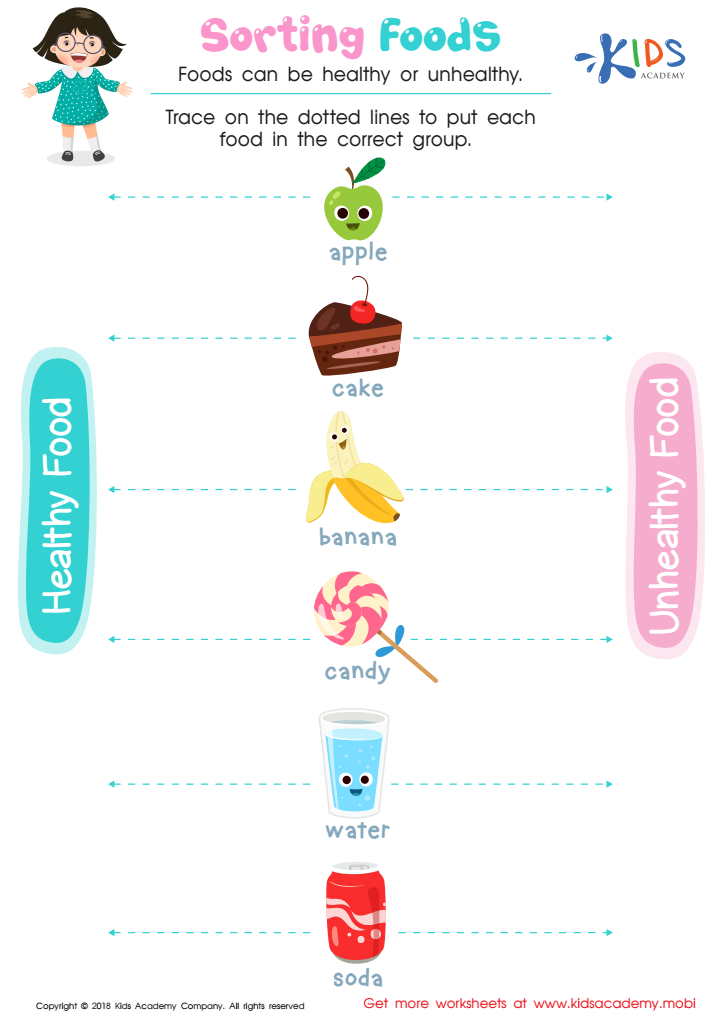

Sorting Food Worksheet


Sorting Animals in 3 Groups Worksheet
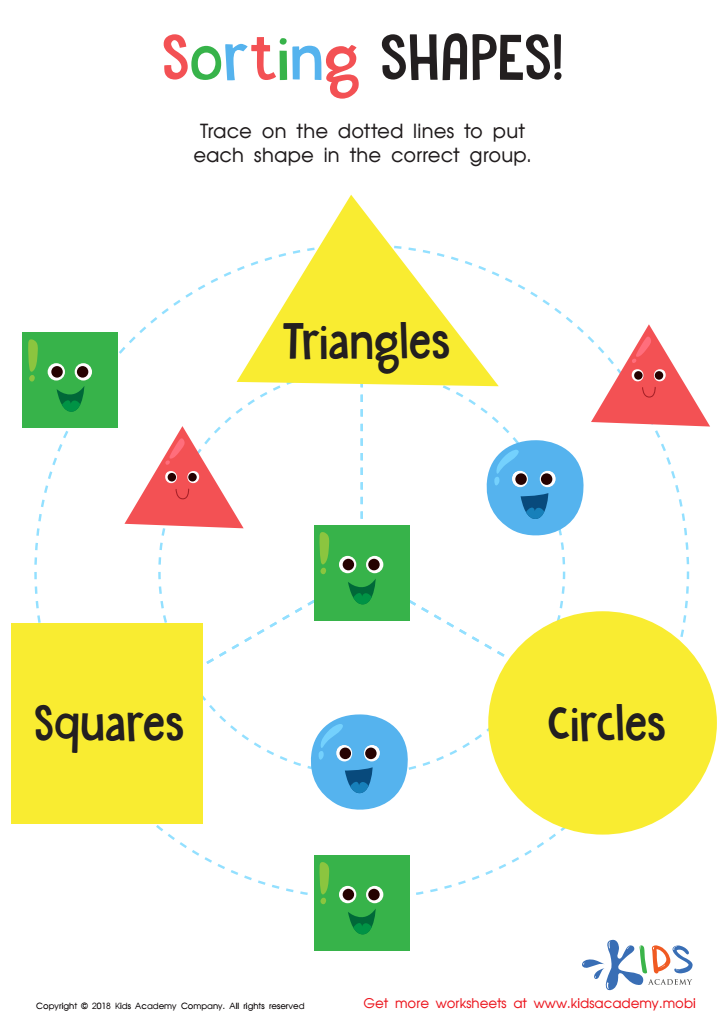

Sorting Shapes - Part 3 Worksheet
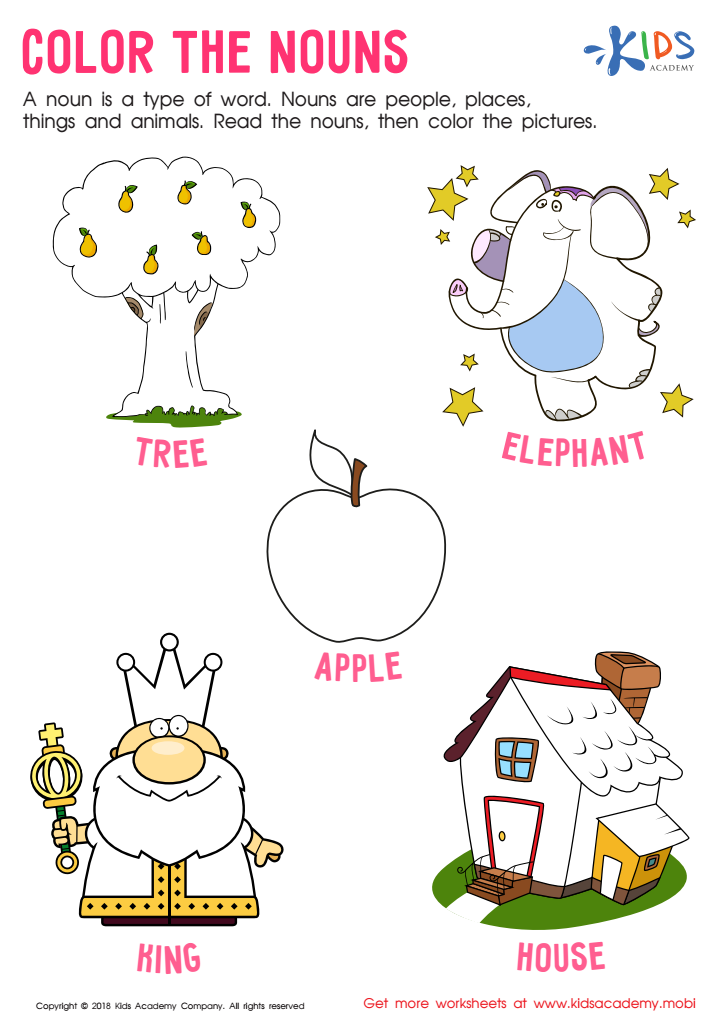

Color the Nouns Worksheet


Matching: Classifying Toys by Size Worksheet
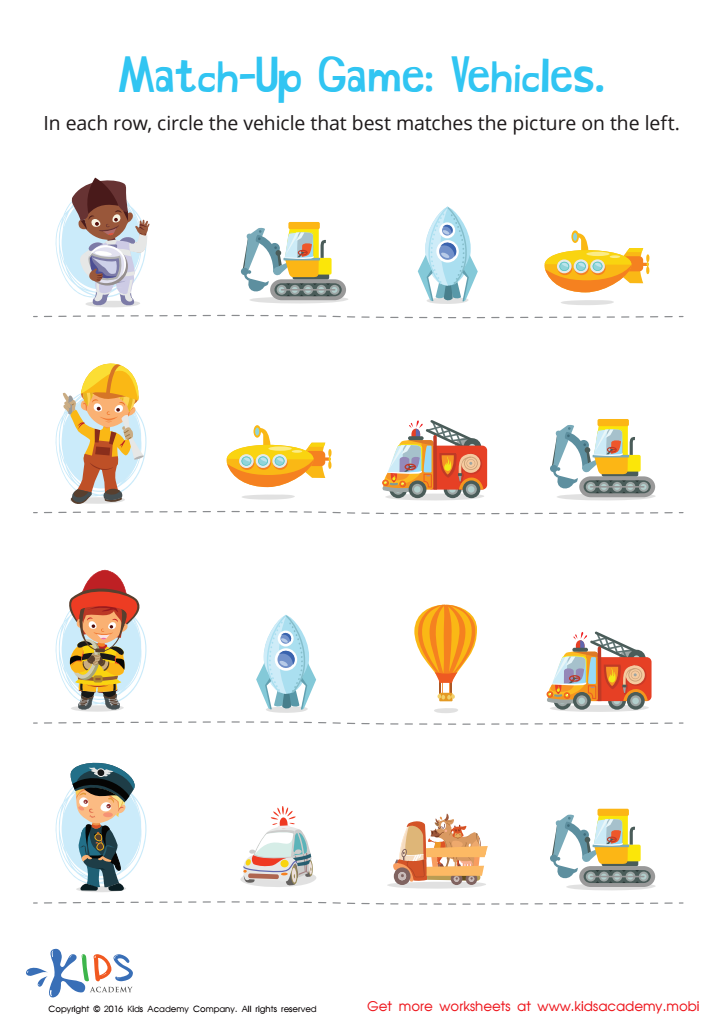

Vehicles Worksheet
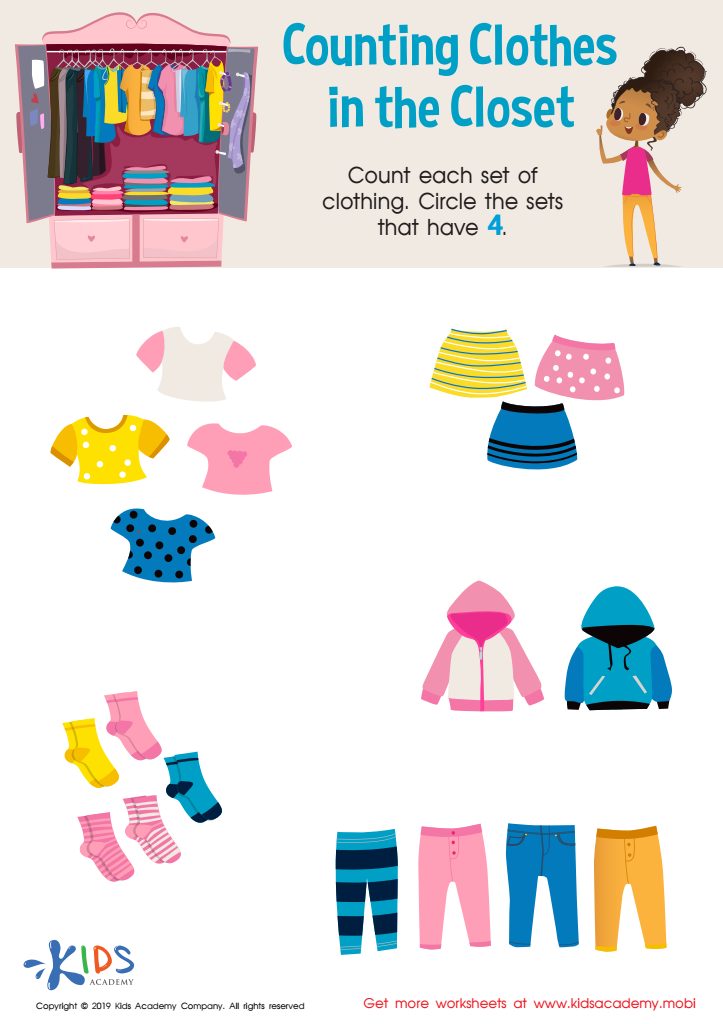

Counting Clothes Worksheet


Logic Game Sorting Worksheet
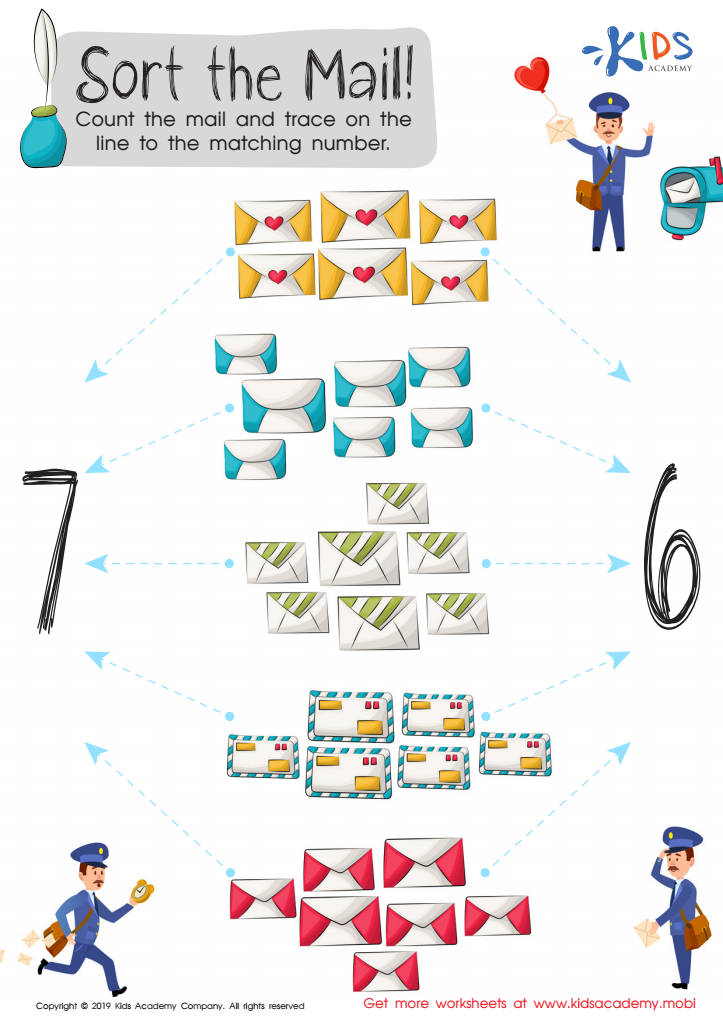

Sort the Mail Worksheet
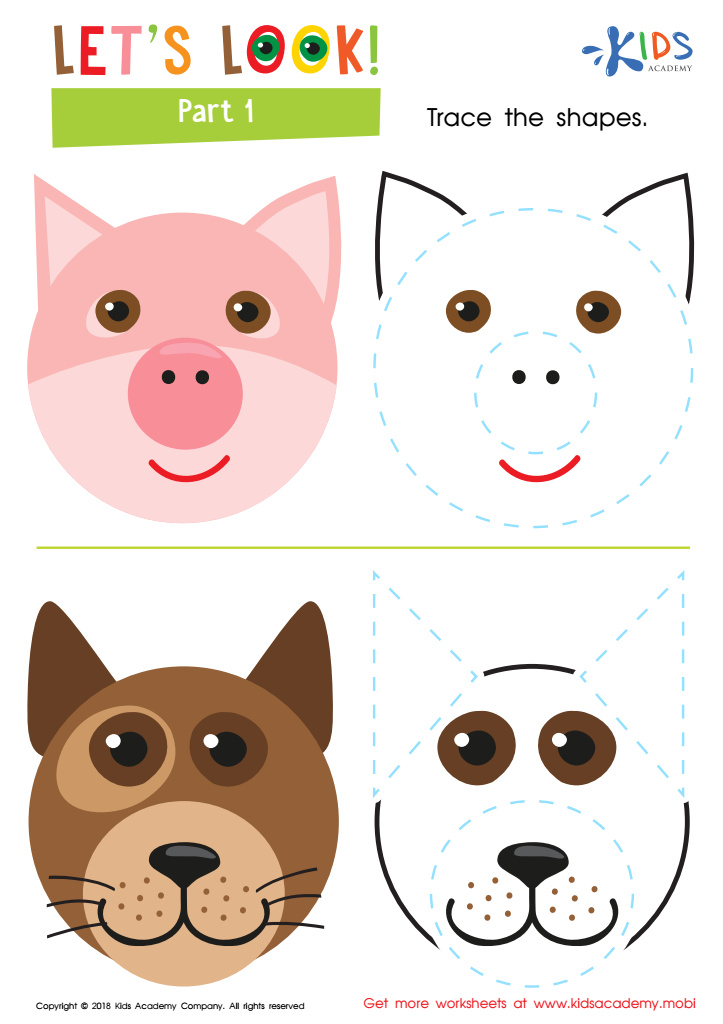

Let's Look! Part 1 Worksheet
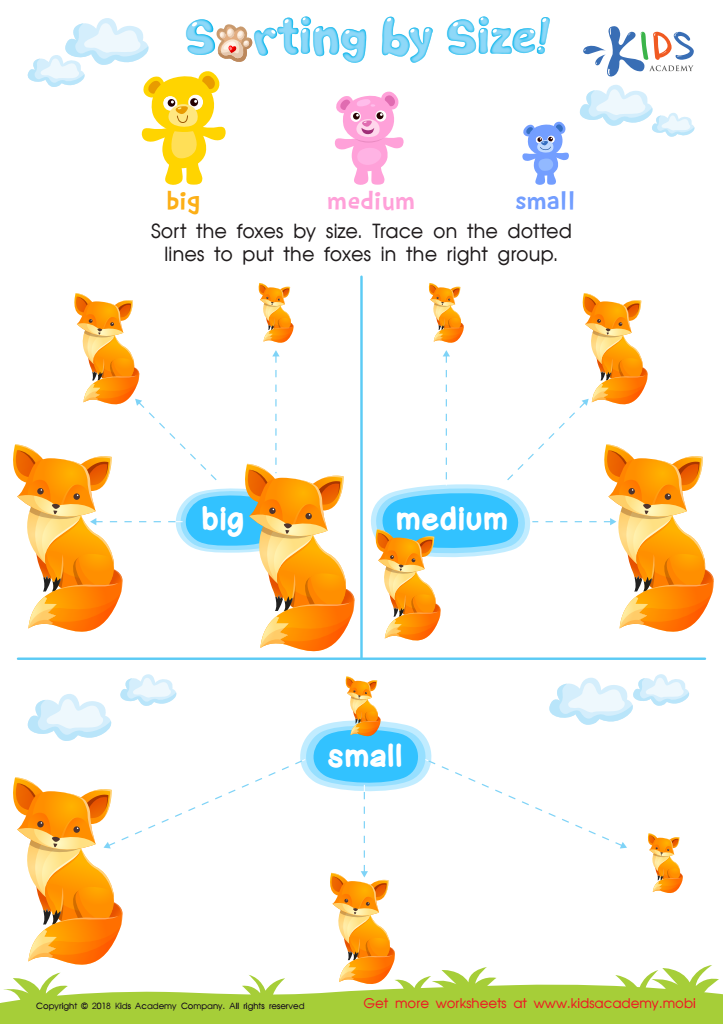

Sorting by Size Worksheet
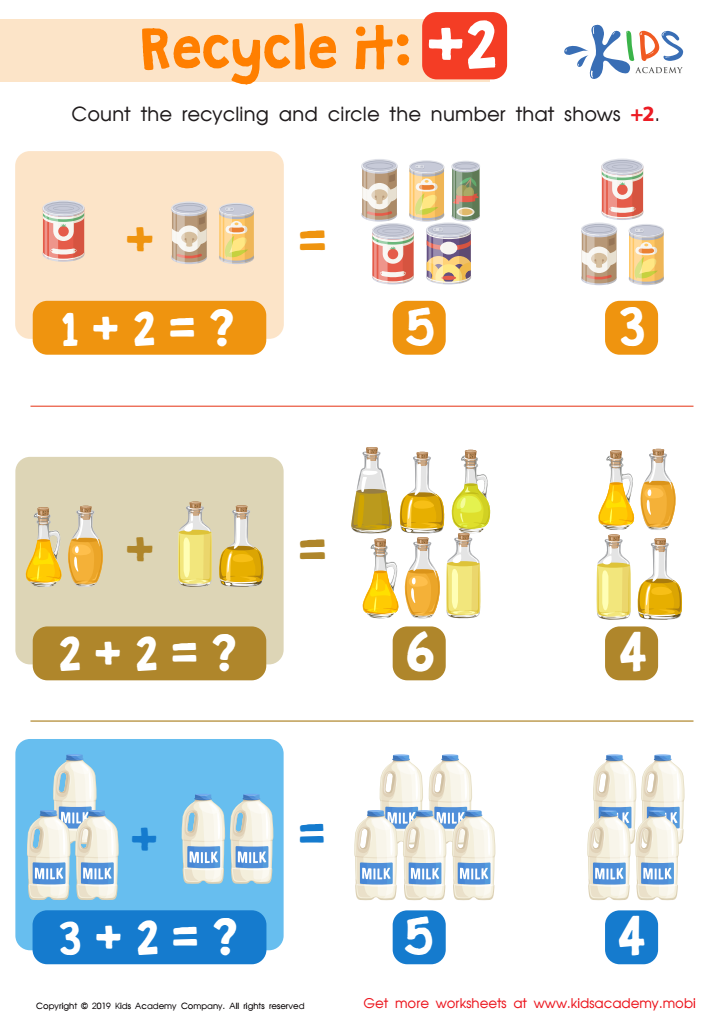

Recycle It: +2 Worksheet
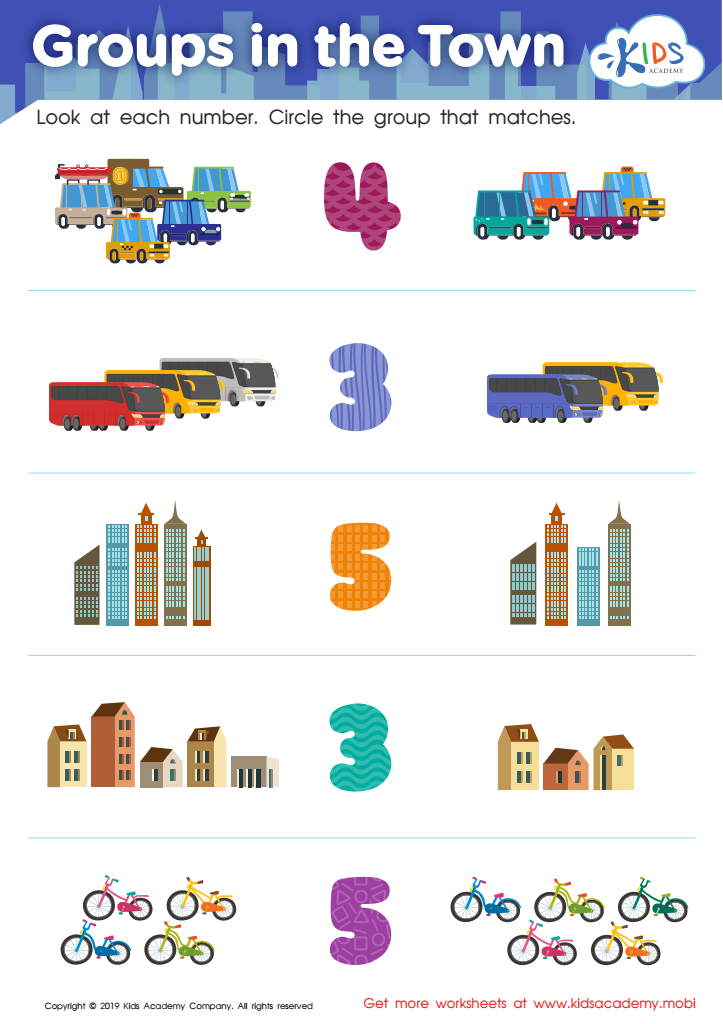

Groups in the Town Worksheet
Categorization skills in math for children aged 3-4 are crucial as they lay the foundation for later mathematical understanding and cognitive development. At this early stage, categorization involves recognizing and grouping objects based on attributes such as shape, size, color, and number. This ability is directly tied to critical thinking and problem-solving skills because it helps children make sense of the world around them by organizing information.
When parents and teachers engage young learners in categorization activities, they encourage observational skills and attention to detail. For example, sorting blocks by color or grouping animals by size not only fosters early math skills but also improves language development as children learn new vocabulary to describe their sorting criteria.
Moreover, these skills are directly applicable to more advanced mathematical concepts. Being able to categorize helps in understanding patterns, which is a precursor to concepts like sorting objects in a set and understanding sequences and order — all of which are core components of elementary mathematics.
Supporting categorization development also promotes executive functioning skills such as memory, cognitive flexibility, and goal-directed behavior, which are essential for both academic success and everyday decision-making. By prioritizing these early math skills, parents and teachers provide children with a toolkit that supports their overall intellectual growth and academic readiness.
 Assign to My Students
Assign to My Students
